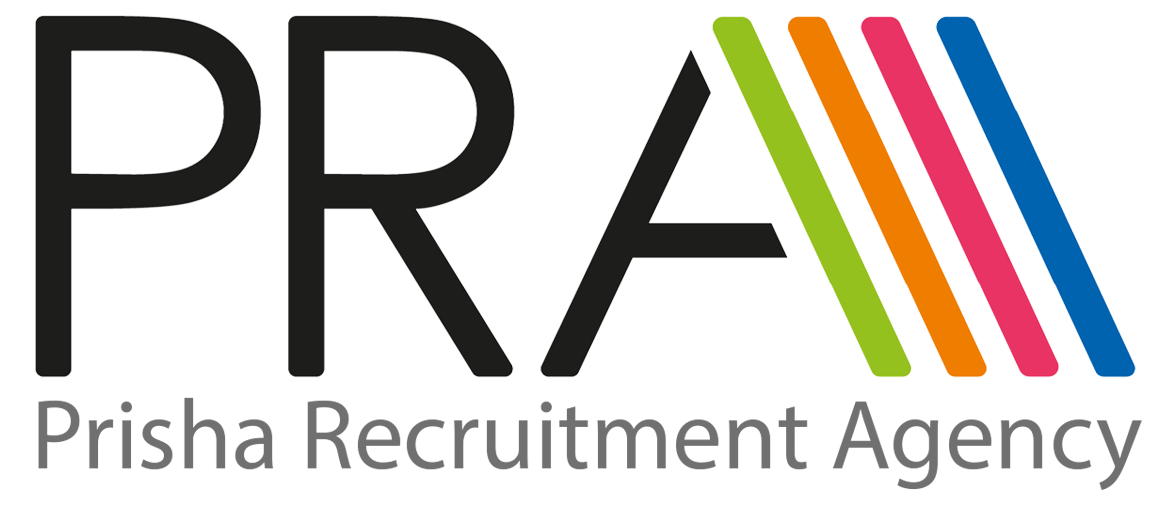Interview Preparation
Interview Preparation Tips
Resume tips
Although it is not our preference to provide generic resume advice, we are happy to provide you with some tips and hints to help you when preparing your resume. The reason we do not usually provide such advice is that every employer is looking for something different, and each person has different style preferences.
Your resume is a vital component of your job search, and should be treated as such. It is more often than not the first impression you provide to a potential employer or recruitment firm. Although HRCB is a boutique recruitment agency, each of our Consultants screen over 100 resumes on average every week. The following tips should help to ensure your resume doesn’t go un-noticed and should be used as a general guide only.
Preparing For Interview
Before you begin...
The objective of your resume is to secure an interview and provide you with an opportunity to present yourself in person. Before you begin you need to have a clear idea of what you are aiming for. It may be a good idea to do a self-assessment on paper and outline your skills and abilities as well as your work experience and extracurricular activities. Make a few notes about your strengths and weaknesses, areas you have excelled in, your ideal work environment and your mid to long term professional goals. This should make it a little easier for you when you actually commence your resume.
This is also a good time to prepare an objective if you wish to include one in your resume. An objective should be a short paragraph telling potential employers the sort of role and opportunity you are seeking. Be specific about the job you want.
You should tailor your objective to each position you apply for, which leads into our next point...
Be unique...
Every single resume is unique to the person writing it in terms of the content and layout, and ideally, every single resume you send should also be unique to each application you make. You should try to tailor your resume to the position that you are applying for by including the relevant skills and experience you have that are required for the desired role.
Be honest...
Never lie on your resume. If the lie works, and you are successful in gaining an interview, your lie is sure to be discovered during the selection process. You should never include anything in your resume that you cannot justify or comfortably explain.
Presentation
Although it is obviously the content of your resume that will eventually gain you an interview, you should also take extreme care as to the presentation. You want it to be easy for the reader to follow and understand. The initial impact and visual appearance of your resume can make a big difference in how much time the reader will give to your resume.
Interpersonal skills
During your interview, the employer will be evaluating your total performance not just your answers. It is an interesting point to note that only about 15% of your naked self can be seen, so 85% of the first impression about you (the most crucial) will be gained on how you dress and your appearance.
In the Interview
When talking through your career history, it is important to talk about the following points:
Outline of each company you have worked for.
Outline of each role you have had.
Skills / Software packages used.
Outline of team: the level, the personalities, the difficulties, the size.
Reasons for leaving.
Likes / dislikes of each role and organisation, but be careful not to be personal as this is perceived as unprofessional.
Any other interests relevant to the role in question, e.g., languages / personal background / interest.
Negative Points To Avoid
Lack of career planning – no purpose or goals or foresight
Lack of interest and enthusiasm – passive and indifferent
Lack of confidence – nervousness
Over-emphasis on money – interested only in remuneration
Condemnation of past employers
Over-emphasis on money – interested only in remuneration
Failure to look the interviewer in the eye
Poor posture
Limp handshake
Failure to ask good questions about the position and company
Lack of interview preparation – failure to research the company – resulting in an inability to ask intelligent questions
Do’s and Don’ts
Do shake hands firmly, always look the interviewer in the eye and greet the interviewer by his or her first name
Do be as charismatic as possible; it is very important that you demonstrate your interpersonal skills during the interview
Do be a good listener as well as a good talker and remember to smile
Don’t just answer questions; Respond to them. Be careful not to ‘over answer’ questions. Be as concise as possible and don’t keep talking if you can’t answer the question
Do pause a moment after the interviewer asks a question. When you are nervous, it is easy to jump in too early to answer a question. This is often perceived as not listening properly / thoroughly and not being considered enough in your response
Don’t enquire about salary, holidays, bonuses etc at the initial interview unless you are positive that the interviewer wants to hire you. You should, however, know your market value and be prepared to specify your required salary or range. Discuss this with your Consultant before the interview, as they will have specified a salary expectation, salaries on offer in the relevant current market for someone with your skills and experience
